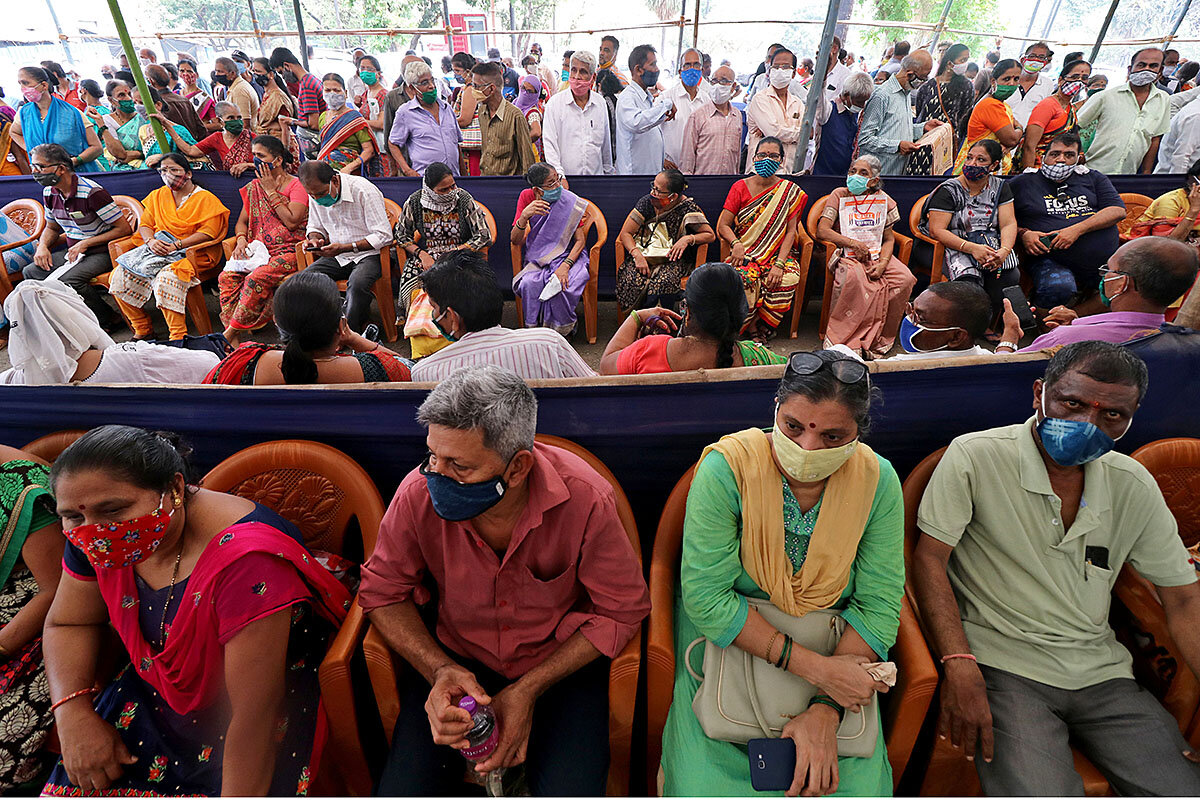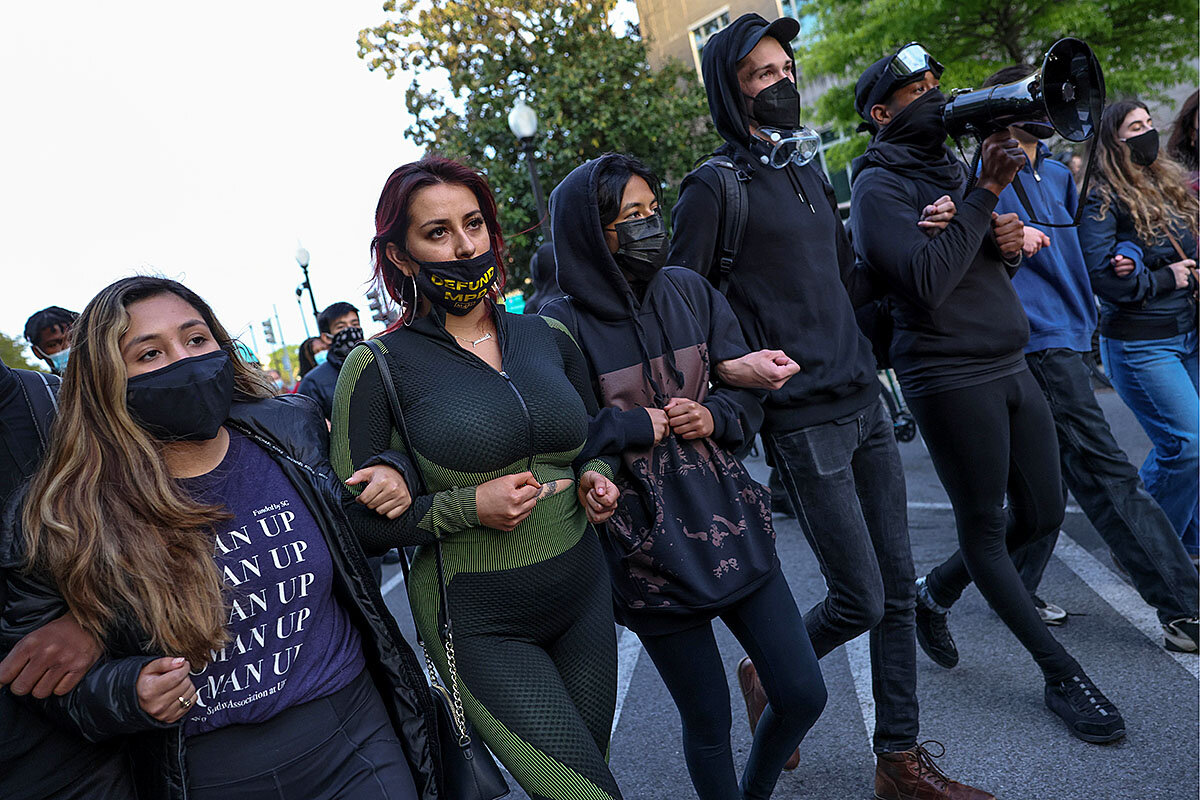The Saudi-Iran rivalry that has shaped the Middle East may be moving from a not-so-cold war of proxy battles to a cool peace where cooperation is possible. The region stands to benefit.
Monitor Daily Podcast
- Follow us:
- Apple Podcasts
- Spotify
- RSS Feed
- Download
 Peter Grier
Peter Grier
It’s an American mystery: Why didn’t the census count more people?
Yes, the once-every-decade U.S. head count, released earlier this week, showed that the resident population of the country did increase. As of April 2020, it’s up 7.4% from 2010, to 331,449,281 people.
But that’s the slowest rate of growth since the 1930s, when America was battered by the Great Depression. And some of the states that the Census Bureau had predicted would grow the fastest – Arizona, Texas, and Florida – didn’t do as well as expected. Arizona didn’t gain a new House seat as predicted. Texas and Florida both got one less new member of Congress than they had planned on.
These states all have significant Latino populations. Latino politicians and activists worry that none of them tried hard enough to get Latinos counted.
“There appears to be a correlation between the investment of statewide governmental resources in census outreach and apportionment tallies,” said Arturo Vargas, CEO of the NALEO Educational Fund, an organization of Latino officials, in a statement.
Immigration also slowed in the months prior to the count. It is possible some unauthorized immigrants in the U.S. were deterred from filling out a census form because of the Trump administration’s failed attempt to add a question about citizenship.
The Census Bureau will release more detailed state and racial population data in September, which could yet shake up results. At stake is the speed of American transformation, as people, money, and political power are shifting from the East and Midwest to Southern and Western states.











